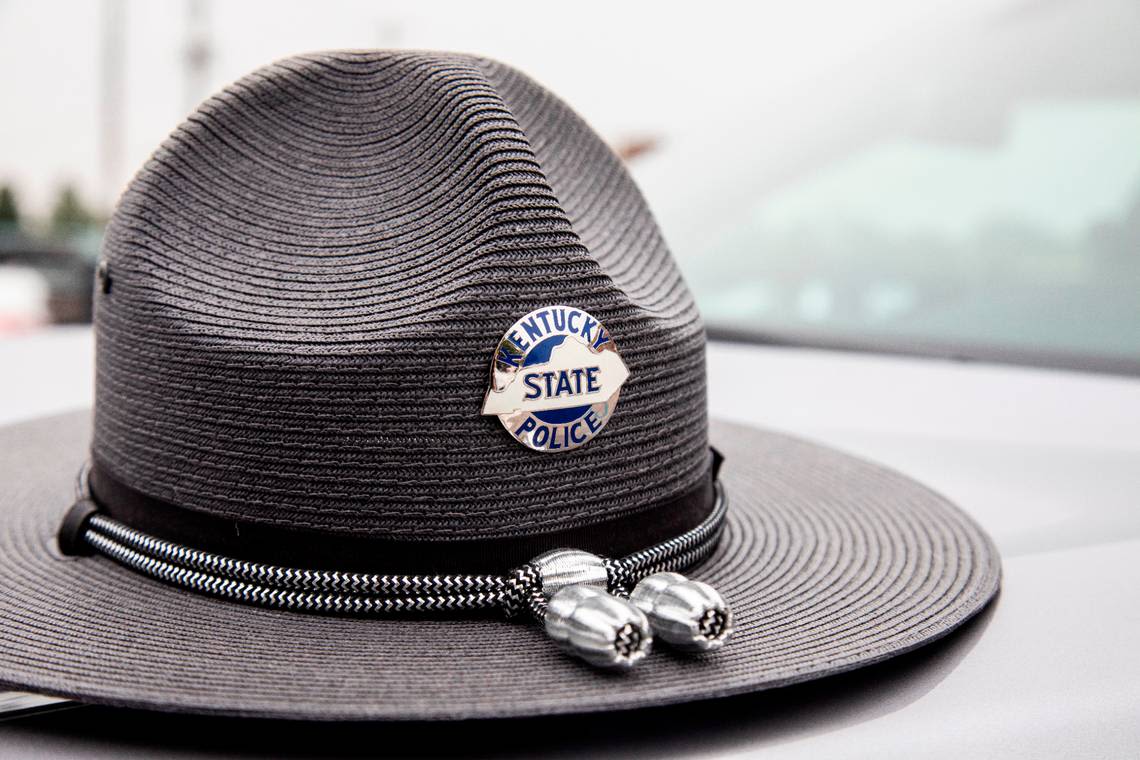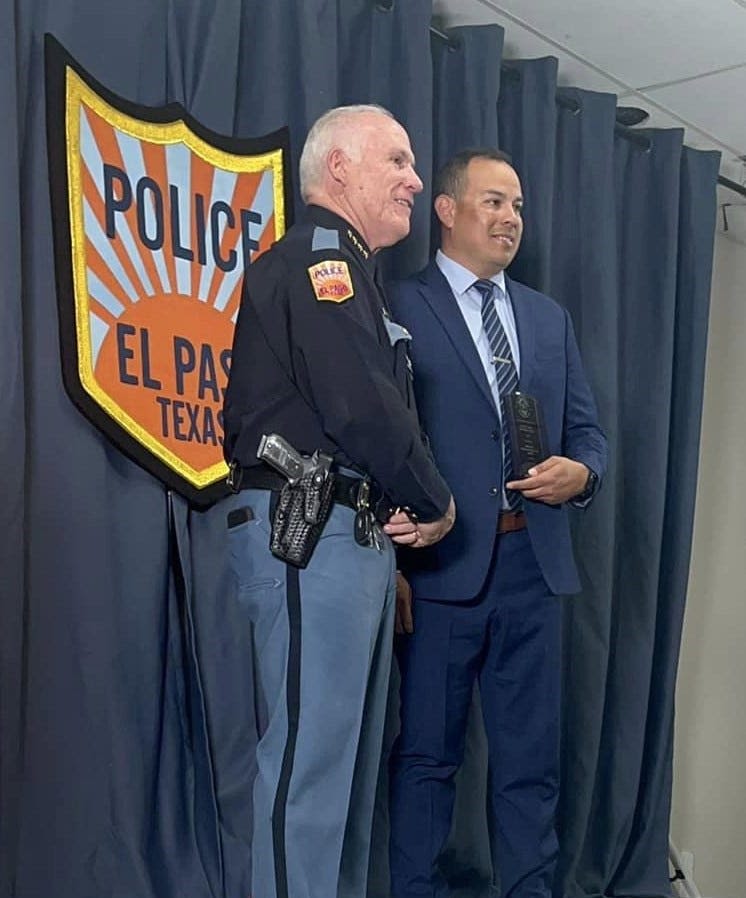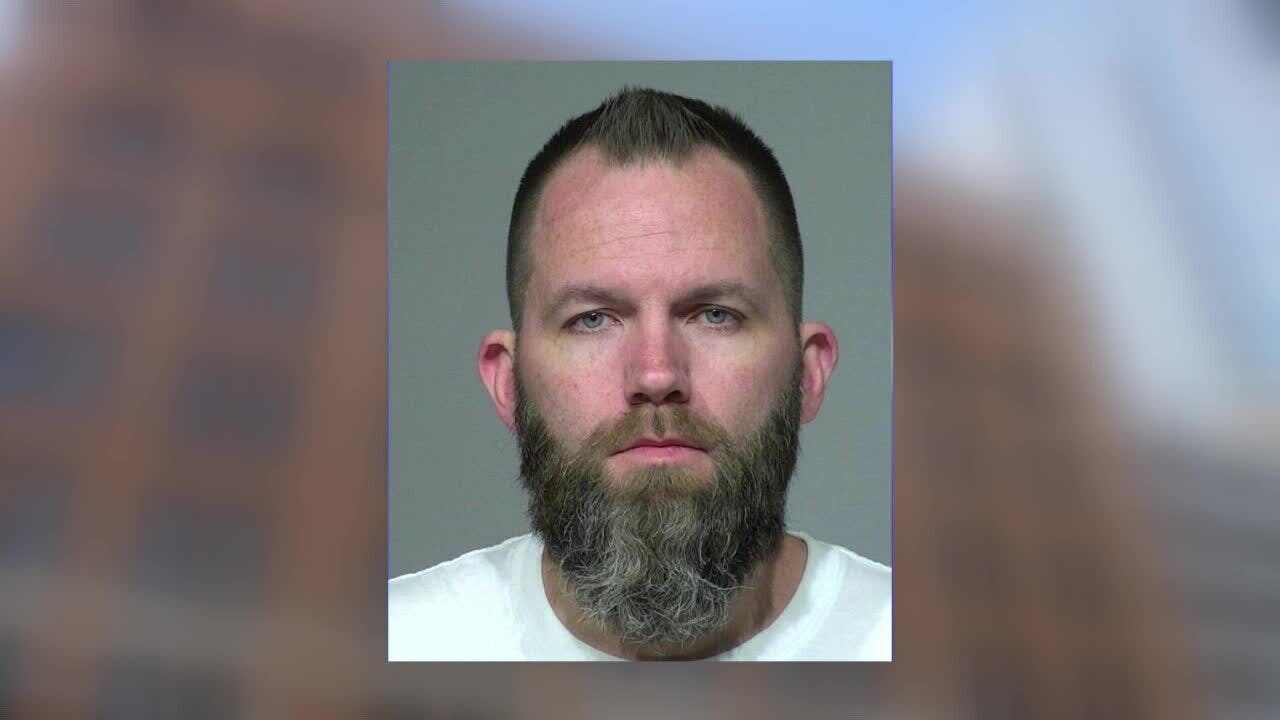Search results
Detective responsibilities include: Conducting detailed investigations of criminal activities and other violations of local, federal or state law. Collecting, analyzing and preserving evidence. Directing crime scene investigators and other law enforcement personnel at crime scenes.
Sep 27, 2023 · A Detective, or Investigator, is responsible for seeking out information and researching the circumstances of a situation to solve crimes or uncover details about a civil matter. Their duties include examining evidence, questioning suspects of a crime and performing background checks.
Apr 17, 2024 · Duties. Police officers, detectives, and criminal investigators typically do the following: Respond to emergency and nonemergency calls; Patrol assigned areas, observing people and activities; Conduct traffic stops and issue citations; Search restricted-access databases for vehicle or other records and warrants
Jul 16, 2019 · The job generally requires the ability to perform the following duties: Gather facts and collect evidence for criminal cases. Determine which people and pieces of information are credible. Conduct interviews. Examine records. Observe suspects. Participate in raids and arrests. Write detailed reports on findings. Testify in court.
News about Miami County, law enforcement officers, gunfire
News about Kentucky State Police, motorcycle crash, off-duty trooper
News about El Paso, Aquidneck Island, National Police Parade
Also in the news
The following job responsibilities are common for individuals in police detective roles: Collect and/or oversee the collection of evidence from crime scenes. Interview witnesses, informants, suspects, and others who may have information about a crime. Conduct stakeouts and observe the activities of suspects for evidence of crime participation.
Nov 15, 2023 · Private & criminal investigators. How To Become a Police Detective in 8 Steps. Indeed Editorial Team. Updated November 15, 2023. A police detective is a specialized law enforcement officer who investigates criminal activity and solves crimes.
Job Duties and Tasks for: "Police Detective" 1) Examine crime scenes to obtain clues and evidence, such as loose hairs, fibers, clothing, or weapons. 2) Secure deceased body and obtain evidence from it, preventing bystanders from tampering with it prior to medical examiner's arrival. 3) Obtain evidence from suspects.




